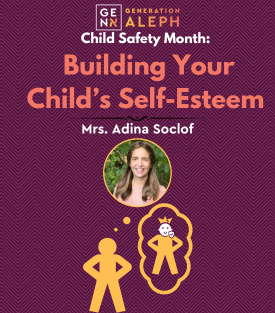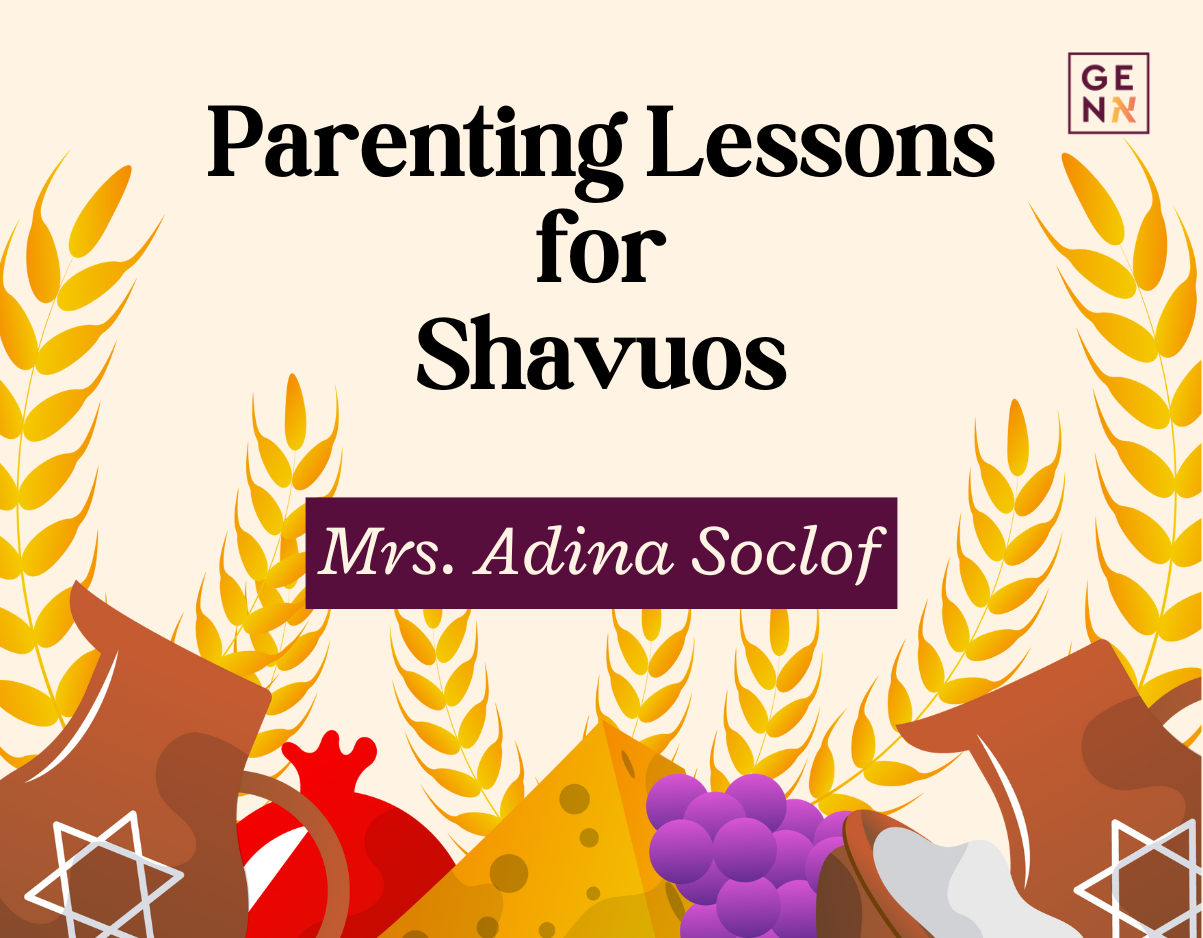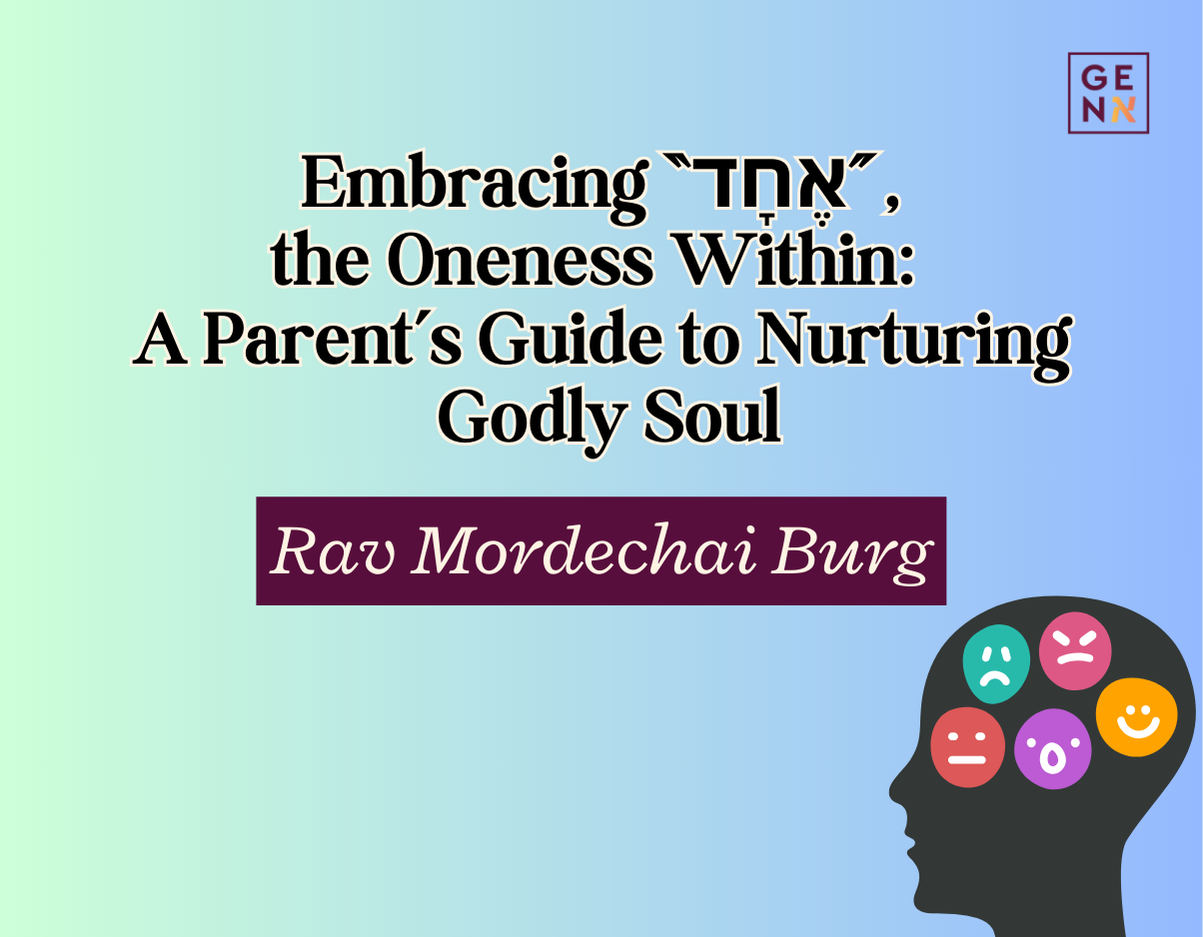Once again we find ourselves planted in the garden of Chanukah, being nourished by the warm glow of the Chanukah Neiros. Chanukah means inauguration, dedication or initiation. Chanukah celebrates the rededication of the Beis HaMikdash after its desecration by the Seleucid emperor Antiochus IV. Among others, Rav Samson Raphael Hirsch points out that the word Chanukah is etymologically related to the word Chinuch, education. Rav Kook points out that while Chinuch is the masculine form of the word, Chanukah is the feminine form. Although women are generally exempt from positive, time bound Mitzvos, Rav Yehoshua ben Levi teaches that women are obligated in the Mitzvah of Neiros Chanukah, for אַף הֵן הָיוּ בְּאוֹתוֹ הַנֵּס, “they too were part of that miracle.” Rashi explains this to mean that since women played an active role in bringing about the redemption, they are obligated in its commemoration. Between the feminine form of the name of Chanukah and the unique obligation of women in this time bound Mitzvah, clearly, Chanukah is a Yom Tov that emphasizes the feminine energy. What educational message are we meant to glean from this?
In Judaism, our children are referred to as Zera, seeds. A seed contains everything that it needs in order to become a tree. It does not need any modification or enhancement. It does however require the right environment that is geared towards fostering its growth. Similarly, there is a dialectical tension in educating our children. On the one hand, as parents we are responsible for nurturing our children and raising them to be proper servants of Hashem. We role model for them appropriate behavior and impart invaluable lessons to them about proper conduct. On the other hand, we believe that our children already have everything contained within them. As parents we know that any parenting strategy we employ is simply revealing what is already there. Like the seed, the environment is critical for fostering growth but it does not add anything to the seed itself. The seed is already complete.
Rav Kook explains that this is the difference between the masculine Chinuch and the feminine Chanukah. In Judaism, gender refers to a spiritual energy. The masculine energy is understood to mean top-down and proactive. Masculine energy seeks to impose its will upon another. In this sense it can be understood as external. In contrast, feminine energy is bottom-up and receptive. Feminine energy nurtures and reveals the innate qualities of another. In this sense it can be understood as internal. In this light, Rav Kook understands masculine Chinuch to mean the process of developing the inner potential of the child in a top-down fashion. In a certain sense, the child is incomplete and the job of the parent is to educate the child to become a mensch. In contrast, the feminine Chanukah Chinuch is a celebration of the completeness of the child. From the time the Beis HaMikdash was established, it already contained all of its Kedusha. The rededication of the Beis HaMikdash reveals the Kedusha that was already contained within.This explains why the inauguration of the Beis HaMikdash (and this Yom Tov) is called Chanukah. It is a celebration of the revelation of the inherent Kedusha and Shleimus (completion) of the Beis HaMikdash.
From an educational perspective, Chanukah is the time where we celebrate the intrinsic Kedusha of our children. Throughout the year we are focused on the development of the child. This is the masculine Chinuch – a deep focus on imparting wisdom to helping the child develop into what they can become.
However, it is possible that the child’s becoming will overshadow the child’s being. On Chanukah we step back and appreciate the child for who they are in the here and now. On Chanukah we employ a feminine Chinuch strategy and nurture the child simply by holding space for the child as is. Everything the child will one day become is just a revelation of what is already present.
Chanuka Chinuch is such an important part of our journey as parents. We have a sacred responsibility to aid our child in their development but there can be a subtle message, if we are not very careful, that our children are not enough. When we consistently emphasize becoming, our children may Chas V’shalom feel that who they are is not appreciated. Chanuka is an eight day full stop where we communicate to our children that they are wonderful and beautiful just as they are. Anything they become is just an expression of who they are here and now. A child who grows up with a Chanuka Chinuch, with the knowledge that his parents love him just as they are, will be open to receiving the important Chinuch lessons during the remainder of the year. When parents communicate to their children that they are already enough, it gives children permission to develop into their full self. It is the environment that young seedlings need in order to be nourished into being.
“HaNeiros halalu kodesh heim, v’ein lanu reshus l’hishtameish bahem elah lirosam bilvad.” “These candles are holy and we have no permission to make use of them, but rather only to look upon them. Chanukah Neiros are sacred, we may not use them, their purpose is only to be gazed upon. Our children are like the Chanuka candles; We recognize the Kedusha of our children but we are not mishtameish with them. On Chanukah we gaze upon our children with love and wonder and just appreciate the gift that they are.
Submit your questions
"*" indicates required fields











